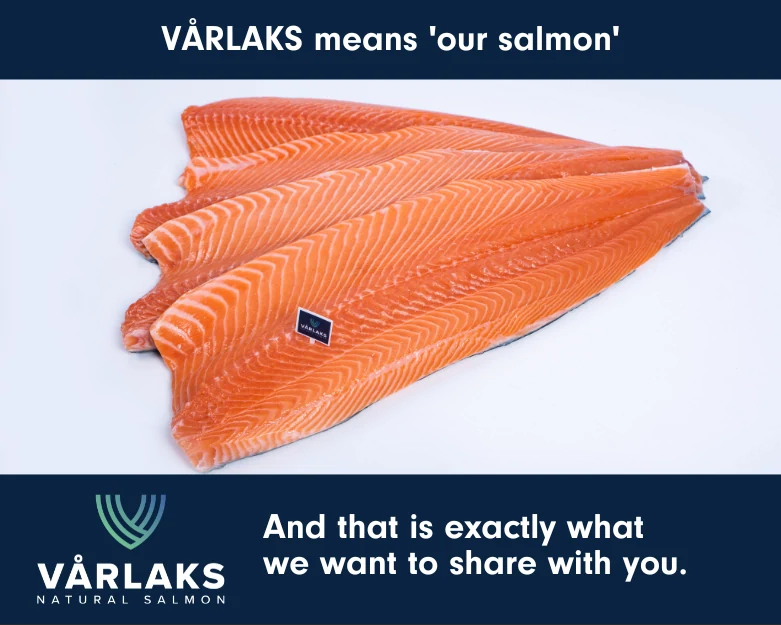American Aquafarms’ proposal to raise 66 million pounds of salmon in enclosed, floating pens at two sites in Frenchman Bay has been rejected by Maine authorities.
Maine’s Department of Marine Resources (DMR) terminated the application for the $300 million American Aquafarms project over, among other things, “genetics questions” about the company’s plan to source its eggs from AquaBounty.
“None of the information provided addresses the genetics questions with regard to eggs sourced from AquaBounty. In fact, not even basic strain identification was provided for any of the “lots” of fish for which pathology reports were submitted. Genetic standards that apply to net-pen producers in the State apply to American Aquafarms,” Maine’s DMR stated on Wednesday.
AquaBounty has produced both genetically engineered (transgenic) and non-genetically engineered (non-transgenic) eggs for years and has sold non-genetically engineered eggs and fry to salmon farmers as part of its regular business activities.
The Maine authority outlined how American Aquafarms had failed to provide officials with appropriate documentation on the genetics and disease-resistance of salmon eggs that it would purchase from AquaBounty. AquaBounty stated that, had it been requested, the company “would have provided documentation on the genetic strain of the non-genetically engineered salmon.”
“The issue of escapement is a big issue, because if you have a fish that is not of the same genetic makeup if you will as the sources of wild fish that we have. You potentially dilute and weaken the gene pool of wild Atlantic salmon. So the genetics is really a key component here,” Patrick Keliher, Maine’s Commissioner of Marine Resources explained.
It is not known whether American Aquafarms will seek to resubmit its applications or trying and proceed with using salmon stock from AquaBounty.












